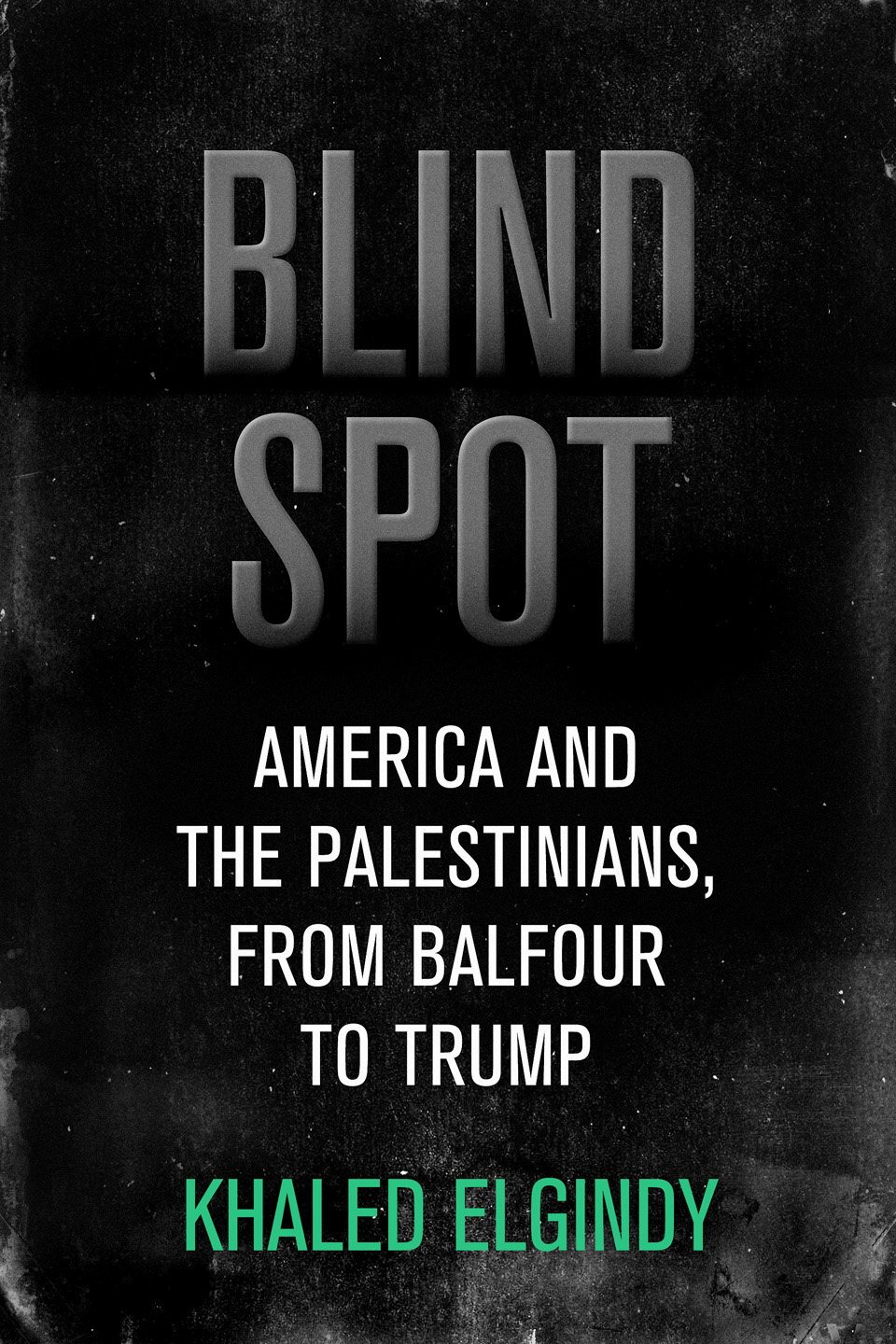Democracy Resurgent in Europe(?) and Israeli Elections
A critical examination of the history of US-Palestinian relations
The United States has invested billions of dollars and countless diplomatic hours in the pursuit of Israeli-Palestinian peace and a two-state solution. Yet American attempts to broker an end to the conflict have repeatedly come up short. At the center of these failures lay two critical factors: Israeli power and Palestinian politics.
While both Israelis and Palestinians undoubtedly share much of the blame, one also cannot escape the role of the United States, as the sole mediator in the process, in these repeated failures. American peacemaking efforts ultimately ran aground as a result of Washington’s unwillingness to confront Israel’s ever-deepening occupation or to come to grips with the realities of internal Palestinian politics. In particular, the book looks at the interplay between the U.S.-led peace process and internal Palestinian politics—namely, how a badly flawed peace process helped to weaken Palestinian leaders and institutions and how an increasingly dysfunctional Palestinian leadership, in turn, hindered prospects for a diplomatic resolution. Thus, while the peace process was not necessarily doomed to fail, Washington’s management of the process, with its built-in blind spot to Israeli power and Palestinian politics, made failure far more likely than a negotiated breakthrough.
Shaped by the pressures of American domestic politics and the special relationship with Israel, Washington’s distinctive “blind spot” to Israeli power and Palestinian politics has deep historical roots, dating back to the 1917 Balfour Declaration and the British Mandate. The size of the blind spot has varied over the years and from one administration to another, but it is always present.
Praise for Blind Spot
“Elgindy, a former adviser to the Palestinian leadership on negotiations with Israel, presents a balanced and thorough interpretation of more than a century of U.S. policy on Palestinian issues.”
—John Waterbury, Foreign Affairs
“The book is rich in perfectly coined phrases deftly encapsulating a particular time period. . . Blind Spot offers a remarkable approach to the Palestinian search for historical agency, a fundamental quest of any colonized people. It examines in painstaking detail how Palestinians as the far weaker party have lacked agency and have been shortchanged at every step of the conflict.”
—José S. Vericat, Journal of Palestine Studies
“Unquestionably the best book ever on US relations with the Palestinians.”
—Bruce Riedel, director of the Intelligence Project at the Brookings Institution and a senior fellow in the Center for Middle East Studies
“Khaled Elgindy shines a bright light on the complicated and often dysfunctional power dynamics that have to a great extent shaped the Israeli-Palestinian peace process. The persistent failure of Washington policymakers to take seriously Palestinian internal politics played a key role in the failures of that peace process. Elgindy’s book offers a powerful corrective and should be required reading for anyone who aspires to engage in genuine Israeli-Palestinian peacemaking in the future.”
—Lara Friedman, president, Foundation for Middle East Peace
“Blind Spot is an important contribution to our understanding of American policy and the Palestinian-Israeli peace process. Khaled Elgindy, a serious scholar and analyst, documents what he calls the pervasive blindness of American policymakers to the power disparities between Israel and the Palestinians, and American ignorance of and inattentiveness to Palestinian politics. This book is a timely corrective to the prevailing focus of American
policy solely on Israeli politics, views, and requirements.”
—Daniel Kurtzer, S. Daniel Abraham Professor of Middle East Policy Studies, Princeton University
“American diplomats dealing with the Arab-Israeli conflict have always paid close attention to domestic politics within Israel. But, as Khaled Elgindy shows us in his deeply researched book, the same is hardly the case when it comes to the Palestinians. Indeed, it is as if the weaker party has so few real choices to make that its concerns hardly matter. The Trump administration has taken this to the extreme of acting as if Israeli-Palestinian peace could
be achieved without even dealing with the Palestinians at all. Such willful ignorance assures that Trump will be unable to clinch the so-called ‘deal of the century.’ He and his advisers would be well advised to read this book and then to pay attention to the intricate politics that influence the moves of all parties to this conflict: our own.”
—William B. Quandt, professor emeritus, University of Virginia
“Surprisingly, there has not been a book detailing the history of American-Palestinian relations over the years, and certainly not one sensitive to Palestinian interests. Thanks to Khaled Elgindy, now there is. Reviewing U.S. policy over the past century, Elgindy concludes that, despite some variation across administrations, a constant ‘blind spot’ has undermined American efforts to mediate the Palestinian-Israeli conflict. The book is very much worth reading.”
—Shibley Telhami, professor of government and politics, University of Maryland; nonresident senior fellow, the Brookings Institution
Author
Khaled Elgindy is a nonresident fellow in the Center for Middle East Policy at Brookings, where he was also a resident fellow from 2010 through 2018. He previously served as an advisor to the Palestinian leadership in Ramallah on permanent status negotiations with Israel from 2004 to 2009, and was a key participant in the Annapolis negotiations held throughout 2008.
Media Coverage
Is the Israeli-Palestinian peace process dead?
America’s Palestinian ‘blind spot’ is bad news for the ‘Deal of the Century’
Blind Spot: America and the Palestinians
Blind Spot: America and the Palestinians, From Balfour to Trump
The End of Oslo Is an Opportunity
The Israeli-Palestinian peace process is dead. An expert explains why.
A functioning Middle East mediator?
Israel and Palestine: These mistakes make the US in the Middle East conflict

